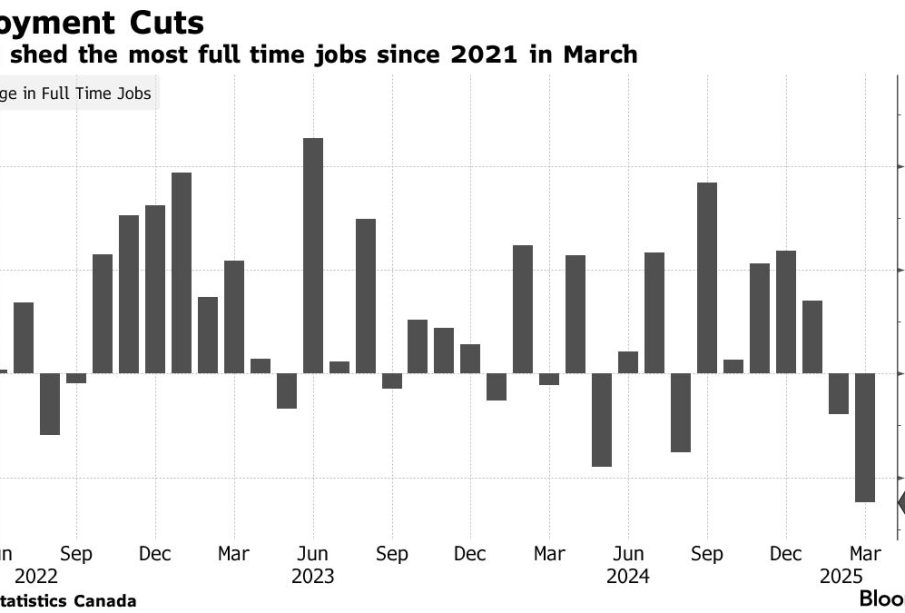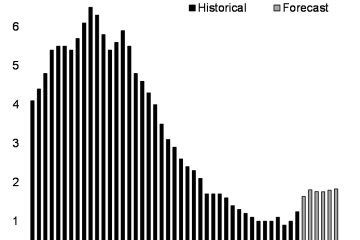Canada Faces Job Losses in March Amid Tariff Concerns

Introduction
The employment landscape in Canada took a concerning turn in March 2023, as recent reports highlighted significant job losses. This downturn comes at a time when economic stability is vital for recovery post-pandemic, emphasizing the importance of understanding the underlying factors contributing to these shifts. Among the pressing issues are ongoing tariff concerns that may exacerbate job instability in various sectors.
March Job Losses: An Overview
Statistics Canada reported a surprising decline of 15,000 jobs in March, a stark contrast to the previous months where the labor market demonstrated resilience. The unemployment rate remained steady at 5.4%, but analysts suggest that this figure might mask deeper issues. The losses were predominantly felt in the manufacturing and construction sectors, where job cuts raised alarm bells about the economic outlook.
Experts attribute part of this decline to an uncertain global trade environment. Tariffs imposed on imports and exports are causing businesses to reassess their operations. According to the Canadian Manufacturers & Exporters (CME), companies are facing increased costs, which directly influence their hiring capabilities. This situation is particularly concerning for industries that rely heavily on cross-border trade.
Tariff Concerns Impacting the Economy
The current tariff landscape, particularly from the United States and other trading partners, has created a ripple effect through Canada’s economy. Tariffs on steel and aluminum imports have made it more expensive for manufacturers to source raw materials, leading to reduced production capabilities and subsequent layoffs. As businesses struggle to maintain profit margins, many are forced to make difficult decisions regarding their workforce.
The uncertainty surrounding future trade agreements also weighs heavily on consumer confidence. As Canadians face rising costs for goods, including food and household items, the potential for retaliation from tariffs could lead to a downturn in spending, further impacting employment levels across the country.
Conclusion and Future Implications
As Canada navigates these economic challenges, the job losses in March serve as a stark reminder of how interconnected the labor market is with global trade dynamics. Experts predict that ongoing tariff disputes could result in more strategic shifts among Canadian businesses, potentially leading to further job losses if not addressed promptly.
Moving forward, it is crucial for policymakers to intervene by supporting affected industries and exploring avenues to reduce trade tensions. The significance of a resilient job market cannot be overstated—its health is foundational for economic stability and growth. Canadians will be watching closely to see how these developments unfold in the coming months as the nation strives for recovery and resilience against external pressures.









